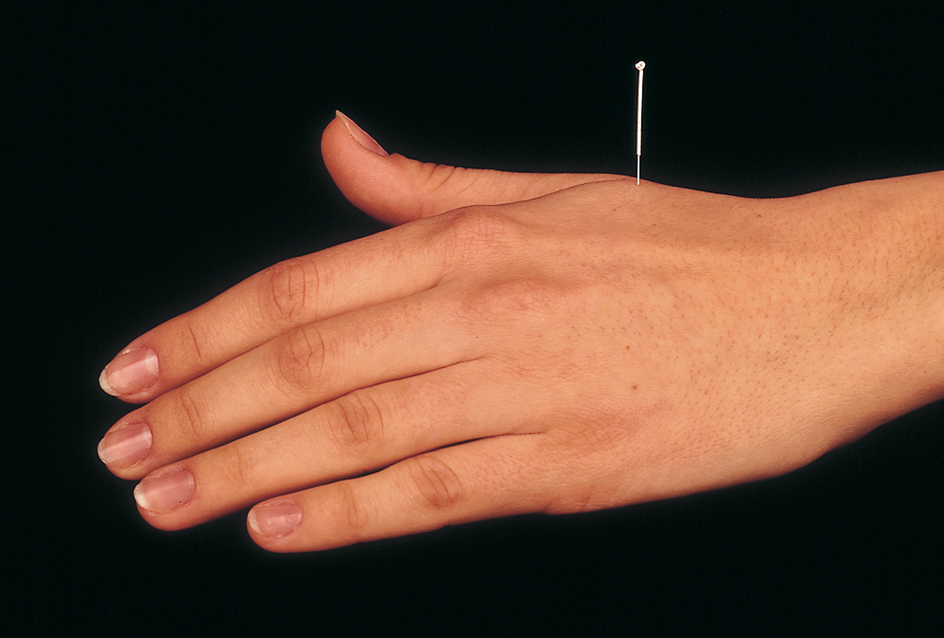Alternative medicine refers to a wide range of healing practices that generally are not considered part of conventional medicine. In general, practitioners of alternative medicine use natural remedies and believe that the body can heal itself if given a chance. They feel that “invasive” treatments, such as drugs and surgery, should only be used as a last resort.
Loading the player...Acupuncture as alternative medicine
Some forms of alternative medicine—such as acupuncture, chiropractic, and naturopathy (use of natural agents, such as fresh air, massage, and exercise)—are well-established professions with standard training and licensing of practitioners. Other forms are less organized as professions. These include herbalism (use of remedies derived from plants) and homeopathy (use of minute amounts of substances that, in a healthy person, produce the same symptoms as those of the disorder). Still other forms of alternative medicine—including faith healing and psychic healing—are even further removed from the world of scientific and professional medicine.

During the second half of the 1900’s, growing numbers of people became disillusioned with conventional medicine, particularly its expense, risks, and inability to cure certain common serious diseases. Many patients complain that conventional doctors too readily prescribe drugs as treatment. Others complain that conventional medicine is too impersonal—that it focuses on the disorder rather than the patient. Such disillusioned patients often seek out alternative practitioners.
Most doctors have regarded alternative medicine as unscientific. But an increasing number of doctors are trying to combine the best ideas and practices of both conventional and alternative medicine. This use of alternative medicine as a potentially helpful supplement to conventional treatments is often called complementary and alternative medicine.
